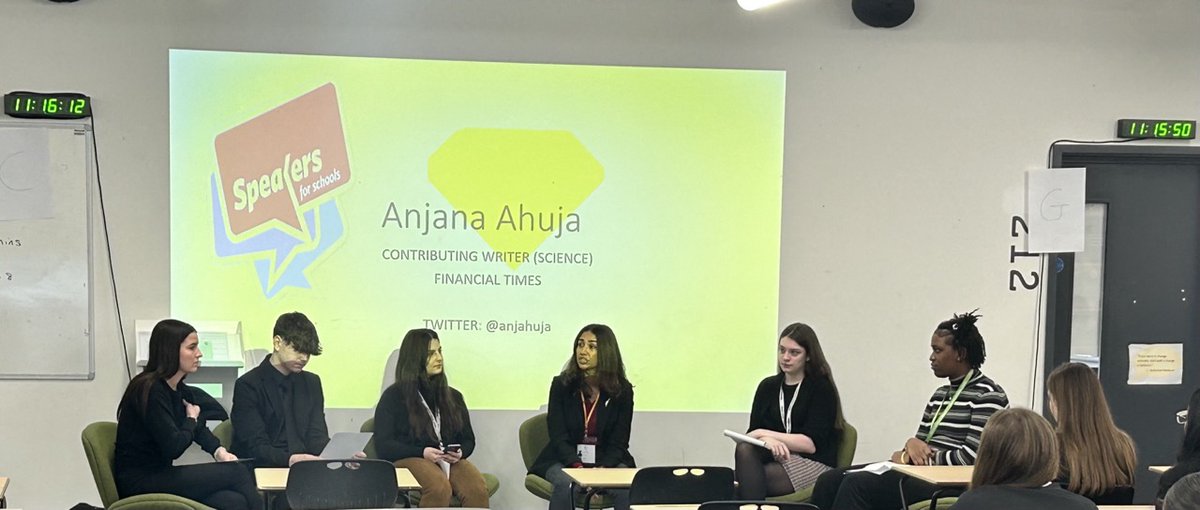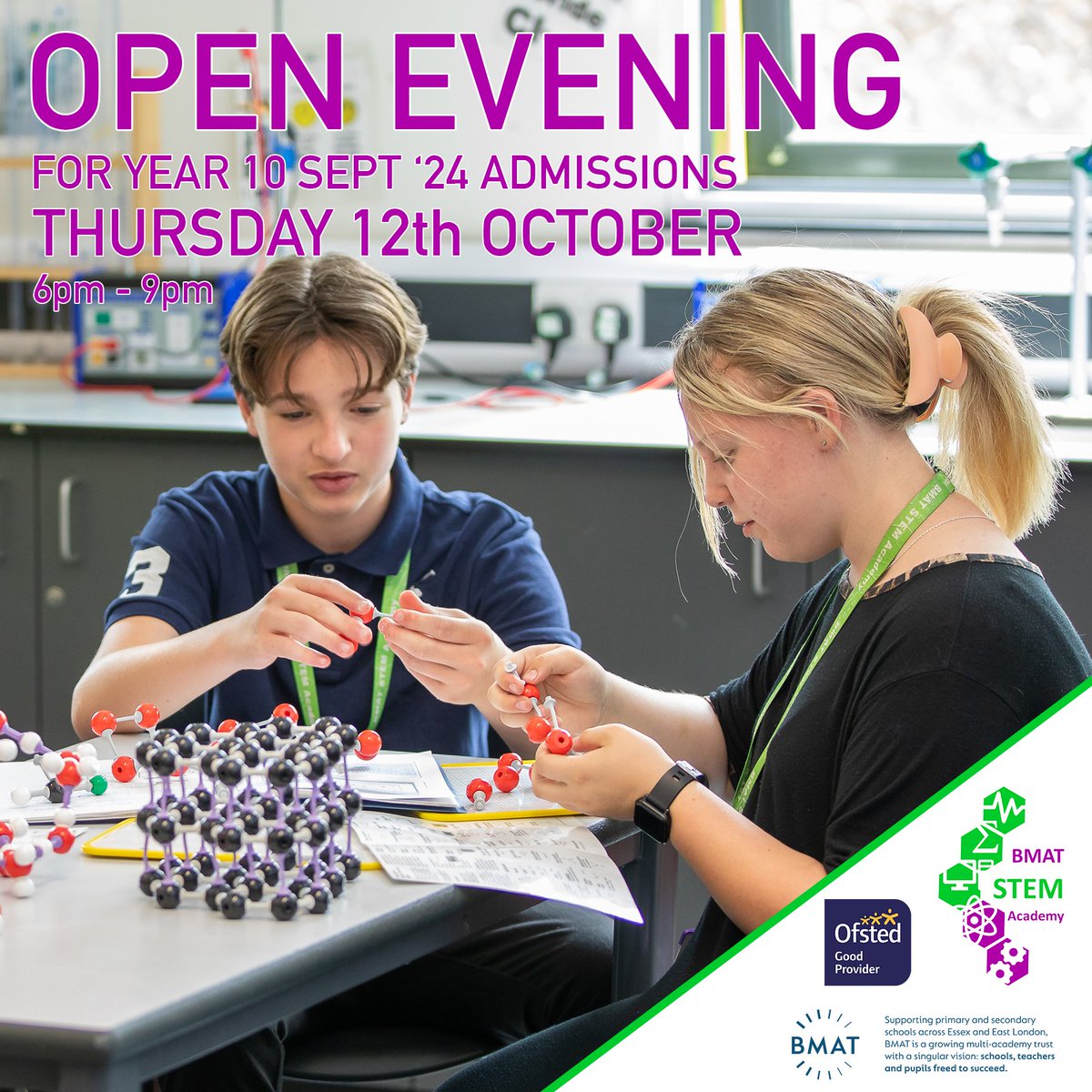Level 2 BTEC Engineering
As engineers, we were going to be in a position to change the world – not just study it.
Why do we teach this course?
Engineering is a core subject for all KS4 students. The course provides the opportunity for those students interested in pursuing a future in Engineering, Mechanics or a Design career. Engineering is understanding everything in our lives and the world is created and designed to be sustainable and better than the previous design. All students will learn essential aspects of graphical design and engineering language with base line machining and manufacturing skills. Appreciation of how the complex and diverse world of engineering is used in basic components are addressed through the skills required to construct products in different processes.
Why I should study Engineering
The BTEC First in Engineering is a Level 2 qualification, this enables students to:
● develop manufacturing knowledge and conceptual understanding through the specific disciplines of the workshop.
● develop understanding of drawings and diagrams, through different types of CAD and paper based international standard of operational (ISO) experiences.
● develop and learn to apply observational, practical, modelling, enquiry and problem-solving skills in the computer laboratory and workshop, in the field and in other learning environments.
● develop the ability to evaluate the design process and their products through critical analysis of the methodology, with evidence and conclusions, both qualitatively and quantitatively.
Students complete a certificate in this course which is equivalent to two GSCE’s. The course should develop curiosity about the manufacturing and design world, that give people the insight into how products and services are created in everyday life.
It should encourage students to be inspired, motivated and challenged by the subject and its achievements.
What does the course involve?
We use the Pearson Exam Board. The course contains the equivalent of two GCSE’s.
This is completed through 4 units in year 10 and 4 units in year 11:
The units are graded separately and the scores are then added together to a total that then reflects two GCSE’s.
The grade scale is Level 2 Pass (grade 4 equivalent), Merit (grade 6 equivalent), Distinction (grade 8 equivalent) and Distinction* (grade 9 equivalent).
FUTURE PROSPECTS
There are a range of different engineering fields that are applicable, the course will also benefit any student looking to use problem solving skills in the future.
NEXT STEPS
Studying engineering at Key Stage 4 provides the platform for more advanced studies, establishing the basis for a wide range of careers.
BTEC Level 3 Engineering and T Level Engineering.
Study Links:
Unit 1 Revision - unit 1 - dt notebook
























